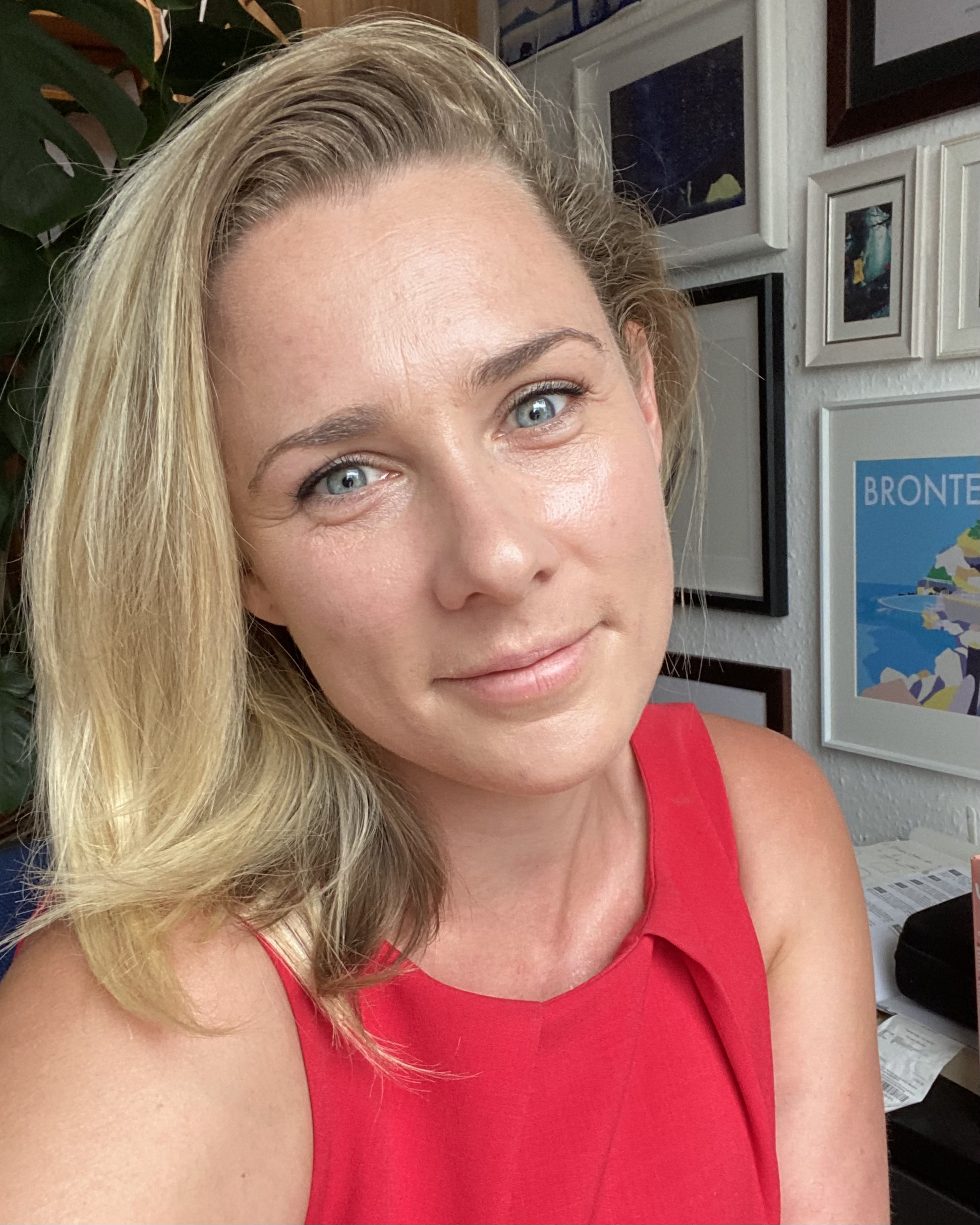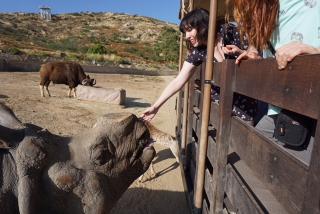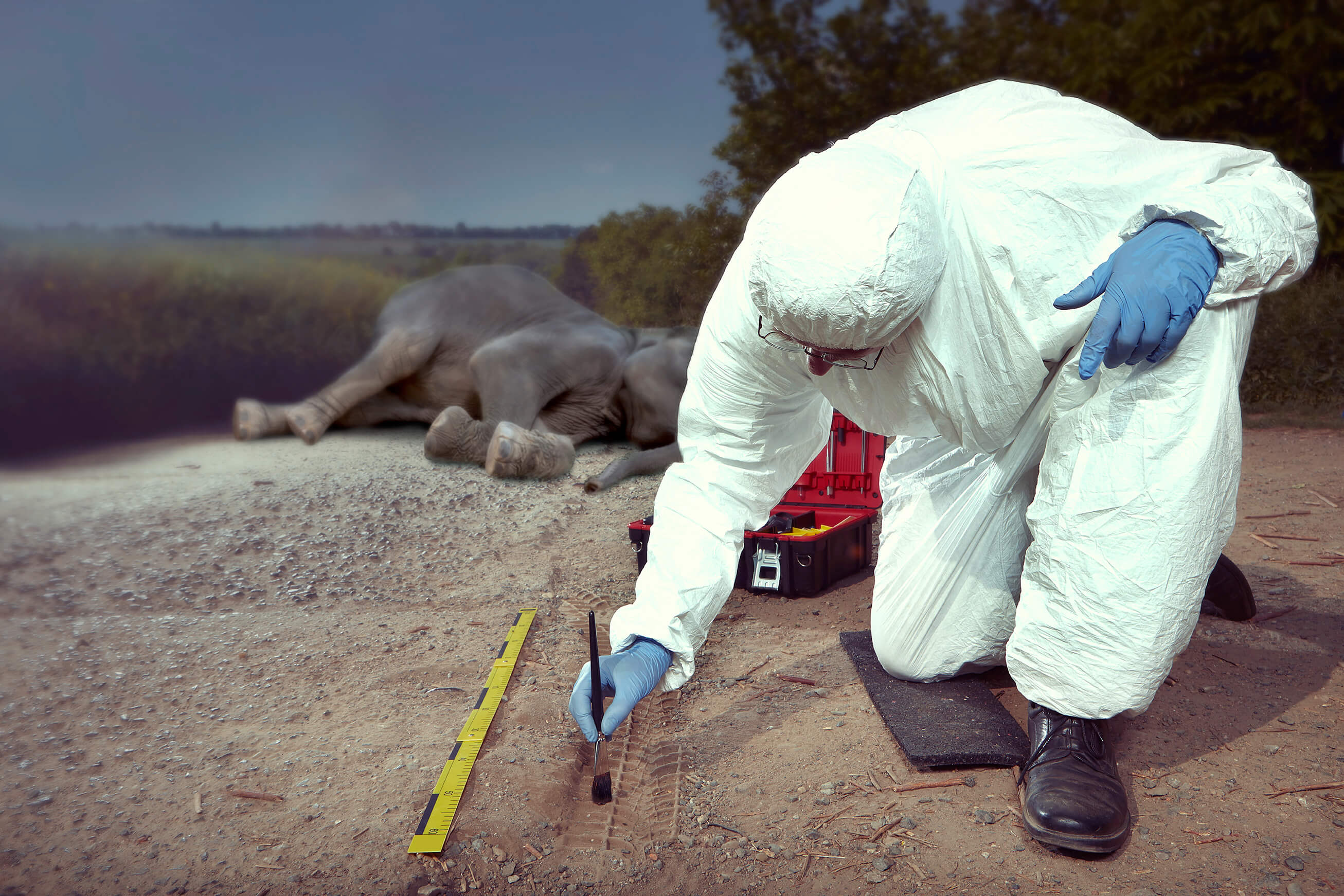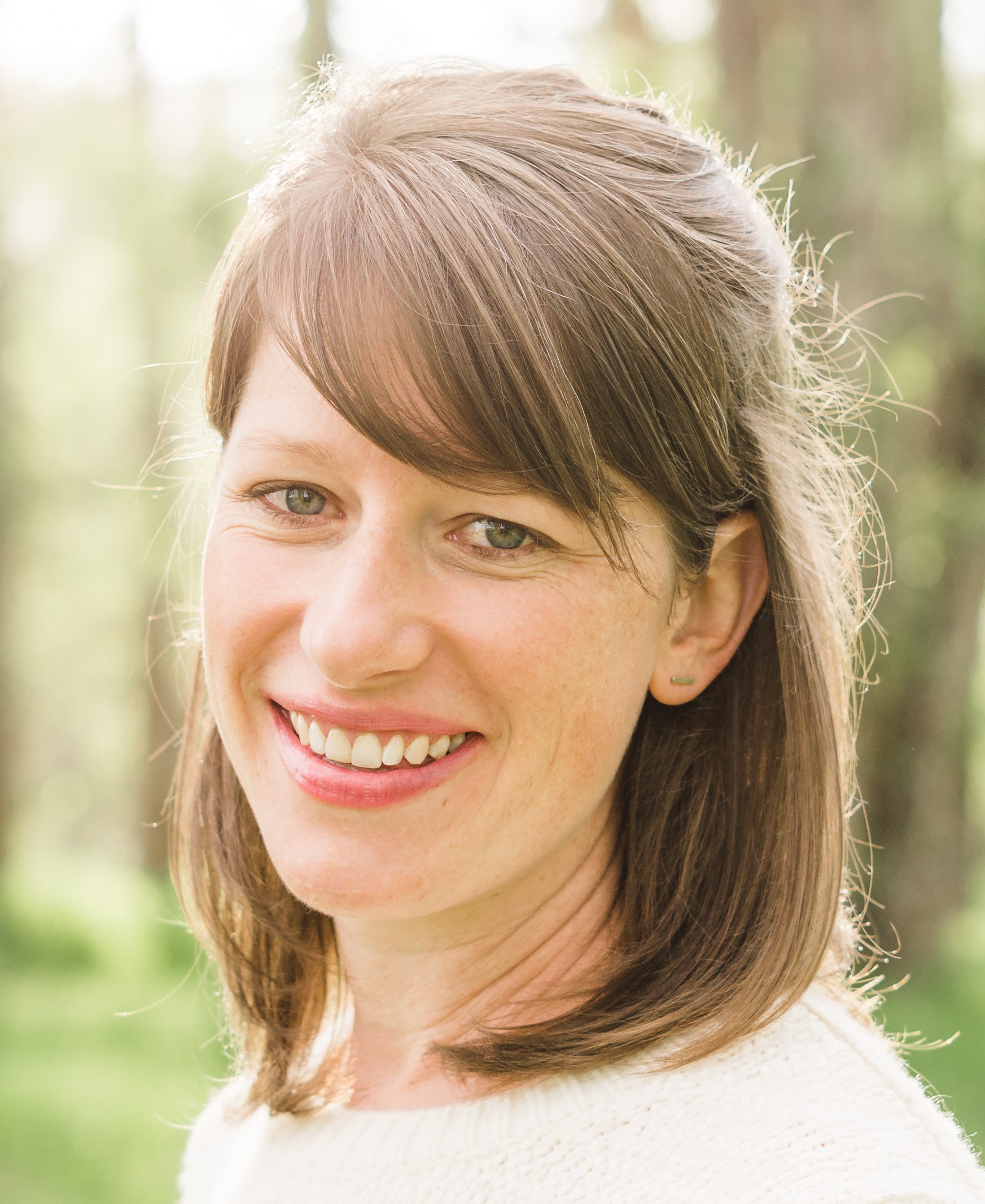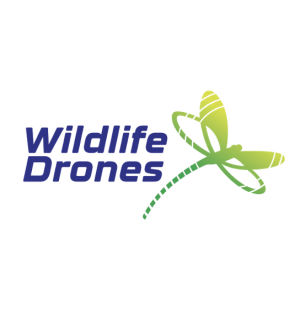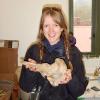With new technologies revolutionizing data collection, wildlife researchers are becoming increasingly able to collect data at much higher volumes than ever before. Now we are facing the challenges of putting this information to use, bringing the science of big data into the conservation arena. With the help of machine learning tools, this area holds immense potential for conservation practices. The applications range from online trafficking alerts to species-specific early warning systems to efficient movement and biodiversity monitoring and beyond.
However, the process of building effective machine learning tools depends upon large amounts of standardized training data, and conservationists currently lack an established system for standardization. How to best develop such a system and incentivize data sharing are questions at the forefront of this work. There are currently multiple AI-based conservation initiatives, including Wildlife Insights and WildBook, that are pioneering applications on this front.
This group is the perfect place to ask all your AI-related questions, no matter your skill level or previous familiarity! You'll find resources, meet other members with similar questions and experts who can answer them, and engage in exciting collaborative opportunities together.
Just getting started with AI in conservation? Check out our introduction tutorial, How Do I Train My First Machine Learning Model? with Daniel Situnayake, and our Virtual Meetup on Big Data. If you're coming from the more technical side of AI/ML, Sara Beery runs an AI for Conservation slack channel that might be of interest. Message her for an invite.
Header Image: Dr Claire Burke / @CBurkeSci

Explore the Basics: AI
Understanding the possibilities for incorporating new technology into your work can feel overwhelming. With so many tools available, so many resources to keep up with, and so many innovative projects happening around the world and in our community, it's easy to lose sight of how and why these new technologies matter, and how they can be practically applied to your projects.
Machine learning has huge potential in conservation tech, and its applications are growing every day! But the tradeoff of that potential is a big learning curve - or so it seems to those starting out with this powerful tool!
To help you explore the potential of AI (and prepare for some of our upcoming AI-themed events!), we've compiled simple, key resources, conversations, and videos to highlight the possibilities:
Three Resources for Beginners:
- Everything I know about Machine Learning and Camera Traps, Dan Morris | Resource library, camera traps, machine learning
- Using Computer Vision to Protect Endangered Species, Kasim Rafiq | Machine learning, data analysis, big cats
- Resource: WildID | WildID
Three Forum Threads for Beginners:
- I made an open-source tool to help you sort camera trap images | Petar Gyurov, Camera Traps
- Batch / Automated Cloud Processing | Chris Nicolas, Acoustic Monitoring
- Looking for help with camera trapping for Jaguars: Software for species ID and database building | Carmina Gutierrez, AI for Conservation
Three Tutorials for Beginners:
- How do I get started using machine learning for my camera traps? | Sara Beery, Tech Tutors
- How do I train my first machine learning model? | Daniel Situnayake, Tech Tutors
- Big Data in Conservation | Dave Thau, Dan Morris, Sarah Davidson, Virtual Meetups
Want to know more about AI, or have your specific machine learning questions answered by experts in the WILDLABS community? Make sure you join the conversation in our AI for Conservation group!
- @kgkelly
- | He/Him
Alberta Biodiversity Monitoring Institute (ABMI)
I am an ornithologist with a particular interest in passive acoustic monitoring and AI solutions.
- 0 Resources
- 0 Discussions
- 6 Groups
- 0 Resources
- 0 Discussions
- 4 Groups
- @iainhook
- | Mr
Passionate supporter of New Zealands predator free 2050 goals. Founder of both eTrapper Ltd - offering IoT solutions to enhance efficiencies of conservation projects, and Maungakiekie Songbird - a community based project to enhace local habitat around One Tree Hill in Auckland.
- 0 Resources
- 1 Discussions
- 6 Groups
- 0 Resources
- 0 Discussions
- 12 Groups
https://www.songquanong.com/
- 0 Resources
- 0 Discussions
- 5 Groups
Systems Engineer at Edge Impulse, experiencce with hands-on edge machine learning for wildlife conservation
- 1 Resources
- 2 Discussions
- 5 Groups
- @TMonteiro
- | she/her
- 0 Resources
- 0 Discussions
- 4 Groups
- 0 Resources
- 4 Discussions
- 7 Groups
- @GeorgeDaroux
- | She/her
I am the Communications Advisor for Zero Invasive Predators, based in Wellington, New Zealand.

- 0 Resources
- 1 Discussions
- 2 Groups
- @melika
- | She/Her
Aarhus University
PhD student at the Center for Quantitative Genetics and Genomics, Aarhus University
- 0 Resources
- 0 Discussions
- 2 Groups
- @rays45693
- | he/him
PhD Student in Computer Science at Rensselaer Polytechnic Institute, working on wildlife conservation using deep learning
- 0 Resources
- 0 Discussions
- 4 Groups
- 0 Resources
- 0 Discussions
- 9 Groups
Varaha is seeking a Geospatial Data Scientist to help design, build, and deliver a compelling spatial data science platform and develop industry leading AI models for satellite imagery.
25 September 2023
Made available by the Digital Disruption and the Future of Conservation project team at Unearthodox, the toolkit provides conservation practitioners with a comprehensive introduction to Web 3.0 and AI concepts and their...
22 September 2023
The partnership will support the Global South with the development, planning and management of marine protected areas (MPAs) in the high seas.
22 September 2023
The new white paper from Rainforest Connection (RFCx) explores the power of ecoacoustics and AI to monitor biodiversity and track progress towards GBF targets using case studies from around the world.
20 September 2023
The program’s third cohort will provide $300,000 to artificial intelligence projects making a positive impact in ecosystems and human communities.
15 September 2023
Article
Five #tech4wildlife people, projects and updates that caught our attention this month. An AI supported bear early warning system, a project that's connecting indigenous communities with high speed internet, exploring...
12 September 2023
A combination of cameras and real-time AI analysis tools are strengthening California's fire detection efforts to enable rapid response and prevent the spread of massive wildfires.
29 August 2023
Can you create an ecological data collection application on Android for Gibbon and Biodiversity Research. Check out this opportunity with us!
24 August 2023
This article discusses Cornell's bioacoustics work with AI tools to recognize both elephant "voices" as well as gunshots. The elephant rumbles analyzed in this work are almost imperceptible to the human ear, but can be...
9 August 2023
Please join us in celebrating this year’s top #Tech4Wildlife Photo Challenge Honorees as chosen by our panel of leading conservation organization judges, and enjoy the story contained within these entries about how our...
4 August 2023
GeoNadir shared how drones and AI can help assess seagrass habitats at the Great Barrier Reef, as well as how satellite imagery can monitor seagrass on a wider scale.
4 August 2023
Join us as we count down the WILDLABS community's honorees in the first-ever #Tech4Wildlife Community Choice Awards!
3 August 2023
June 2025
event
July 2025
October 2025
event
event
May 2023
event
event
April 2023
73 Products
Recently updated products
16 Products
Recently updated products
| Description | Activity | Replies | Groups | Updated |
|---|---|---|---|---|
| I added plain old motion detection because megadetector v5 was not working well with the smaller rat images and in thermal.This works really well: Also, I can see... |
|
AI for Conservation, Camera Traps | 4 months 3 weeks ago | |
| Hello WalterThanks for your input. I have achieved better results with the puc when hooking it up to a powerbank. Have got them set up to "recording only", and GPS to low power... |
|
Acoustics, AI for Conservation, Citizen Science, Sensors | 5 months 1 week ago | |
| great, this security cameras might be interesting for monitoring crop development and maybe other bigger pests like boars or some other herbivorous animals that could eventually... |
|
AI for Conservation, Camera Traps | 5 months 1 week ago | |
| In a recent call with researchers in Thailand. They have mentioned that they use passive chip readers to log data about chipped animals as they pass by. |
+12
|
AI for Conservation, Animal Movement | 5 months 1 week ago | |
| Seems like we should include some rotations in our image augmentations as the real world can be seen a bit tilted - as this cropped corner view from our fisheye at the zoo shows. |
+13
|
AI for Conservation, Camera Traps, Data management and processing tools | 5 months 2 weeks ago | |
| Bird Monitoring Data Exchange is a standard often used for birds data. |
+4
|
AI for Conservation, Data management and processing tools, Emerging Tech | 5 months 3 weeks ago | |
| Hey everyone!As you might have heard, BlueSky is on hype now, with millions of users migrating to it from X. Including the scientific world... |
|
AI for Conservation | 5 months 4 weeks ago | |
| Hi Zhongqi! We are finalizing our modelling work over the next couple of weeks and can make our work availabile for your team. Our objective is to create small (<500k... |
|
AI for Conservation, Camera Traps, Software Development | 6 months ago | |
| Hats off to your team for this absolute game-changing technology! We rescue stray and wild animals in Taiwan, and the bulk of our work is saving animals maimed by wire snares... |
+37
|
AI for Conservation, Drones, Emerging Tech, Human-Wildlife Conflict, Wildlife Crime | 6 months ago | |
| There's quite a few diy or prototype solutions described online and in literature - but it seems none of these have made it to market yet as generally available fully usable... |
|
AI for Conservation, Camera Traps, Human-Wildlife Conflict, Sensors | 6 months ago | |
| As others have said, pretty much all image models at least start with general-subject datasets ("car," "bird," "person", etc.) and have to be refined to work with more precision... |
+20
|
AI for Conservation, Camera Traps | 6 months 1 week ago | |
| This is a thread for anyone who has questions about AI for Conservation Office Hours 2025.We're once again teaming up with Dan Morris from... |
|
Acoustics, AI for Conservation, Camera Traps, Community Base, Geospatial | 6 months 1 week ago |












